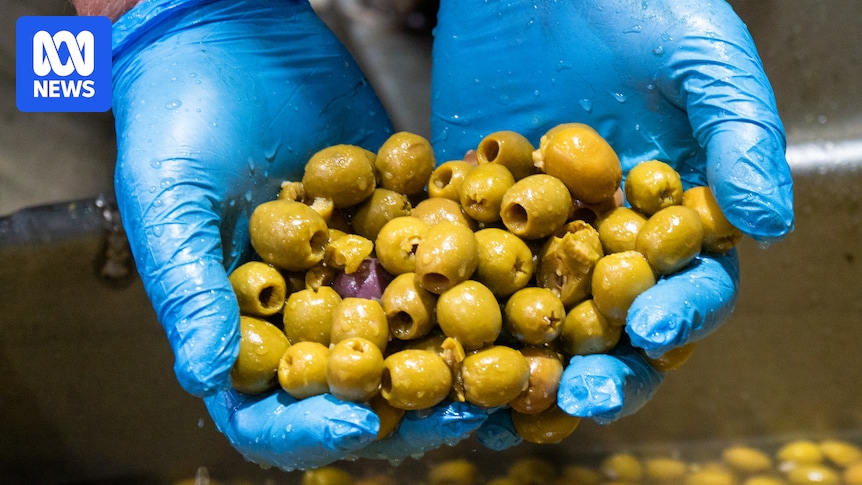
Table olives have long been a divisive delicacy, with enthusiasts and detractors equally passionate about their opinions. However, a groundbreaking processing method developed in Australia is poised to transform the table olive industry. This new approach not only enhances the fruit’s flavor but also reduces labor and water usage, promising a more sustainable future for olive production.
At the forefront of this innovation is Professor John Fielke, a mechanical engineering expert at the University of South Australia. His pioneering method, known as “Olives the Australian Way,” aims to revolutionize how table olives are perceived and produced. By altering the traditional processing techniques, Fielke’s method retains the olives’ fruity flavors, drawing comparisons to fine wines.
Revolutionizing Olive Processing
Traditional olive processing methods, such as lye treatment or natural fermentation in brine, are labor-intensive and require significant water resources. These methods are typically used for Spanish, Greek, and Californian-style olives, which dominate the commercial market. However, Fielke’s approach diverges by utilizing chemistry to capture and filter out the olives’ bitter compounds, allowing for a more efficient and sustainable process.
“With our process, we’re not fermenting the olives, we’re not degrading the oil that’s in there, we’re actually making olives that taste fruity,” explained Professor Fielke. Judges at olive competitions have noted flavors reminiscent of passionfruit, citrus, and berries, with some even detecting hints of musk.
“The flavor comments [for the olives] are notes of passionfruit, citrus, berries,” said Professor Fielke. “The other one is [a taste of] musk — like those pink musk lollies.”
Economic and Environmental Impact
Australia’s table olive industry currently imports most of its supply, with only 3,000 tonnes produced domestically. The new processing method, supported by an Australian Economic Accelerator Seed grant, aims to increase local production to 100,000 tonnes over the next decade. Michael Southan, CEO of the Australian Olive Association, sees vast economic opportunities in this innovation.
“It will not only grow the production of locally produced table olives, but it’s a technology that will be able to be used around the world. It has huge potential,” Southan stated.
For farmers like George Kratopoulos, the new method is a lifeline. Facing high labor costs and low return prices, Kratopoulos had reduced his family’s olive grove significantly. Now, with the ability to machine-harvest and process olives directly into brine, he sees a brighter future.
“We’ve gone from basically wanting to step back out of the industry to expanding ourselves,” Kratopoulos shared, highlighting the reduced labor costs and minimized on-farm food waste.
Challenges and Future Prospects
Despite the promising outlook, challenges remain in scaling up production. According to Southan, increasing the number of olive trees and improving productivity per tree are essential steps. Additionally, investment in larger, automated processing facilities is necessary to fully capitalize on the method’s potential.
“We need larger-scale facilities that can be fully automated, computer-controlled and be reliable,” Professor Fielke emphasized.
Meanwhile, the culinary world is taking note of the unique flavors produced by this method. Richard Seymour, director of Mount Zero Olives, initially a traditionalist, has become a convert, praising the fresh, herbaceous flavors that set Australian olives apart on the global stage.
“It’s innovations like this that I hope we can really start to scale it and differentiate ourselves from the rest of the world and market in a unique but quality fashion,” Seymour expressed.
As the project continues to evolve, the potential for Australian-style olives to capture international attention grows. With the right investments and expansions, this innovation could redefine the table olive industry, offering a sustainable and flavorful alternative to traditional methods.





